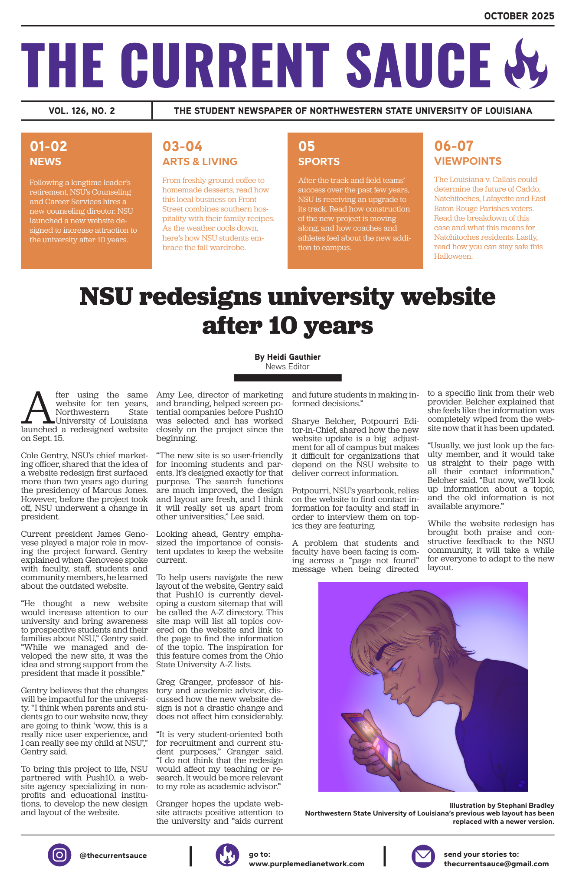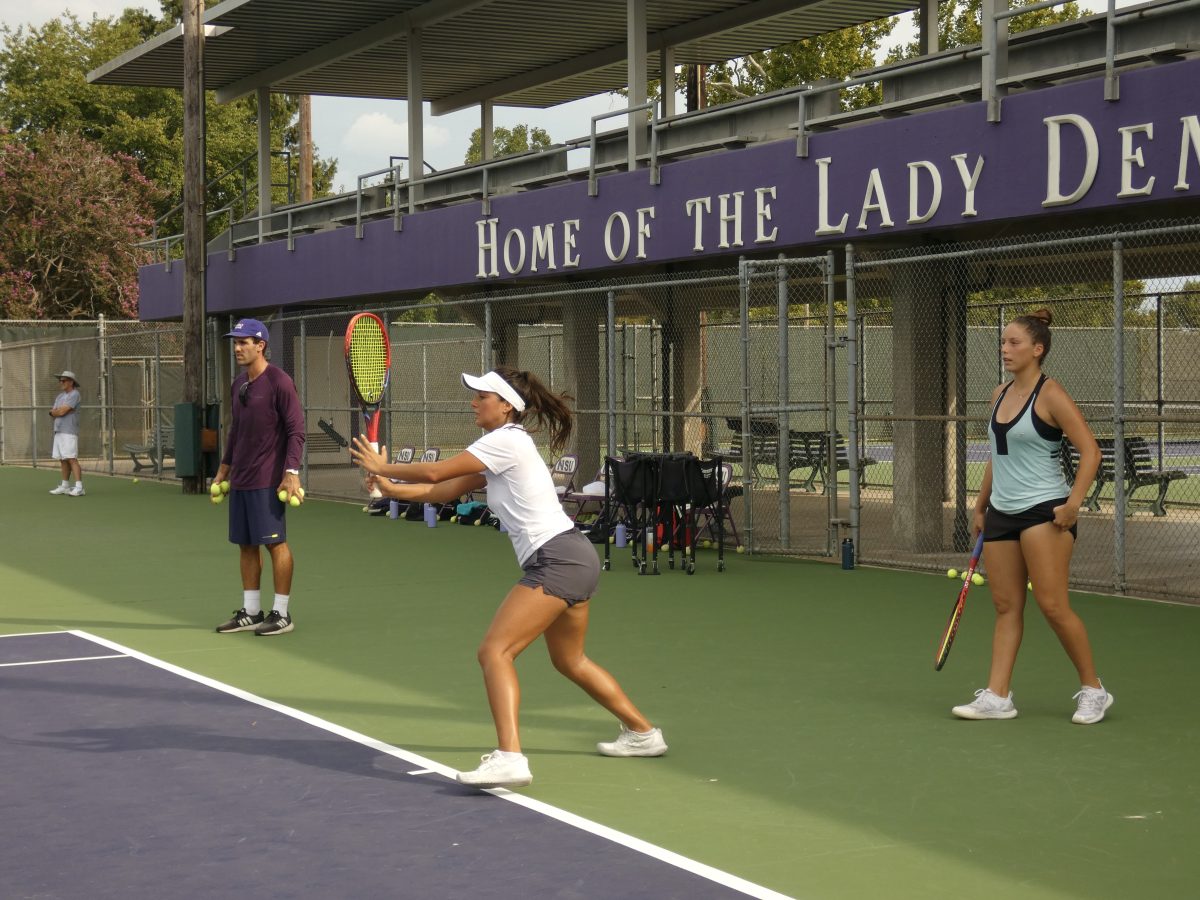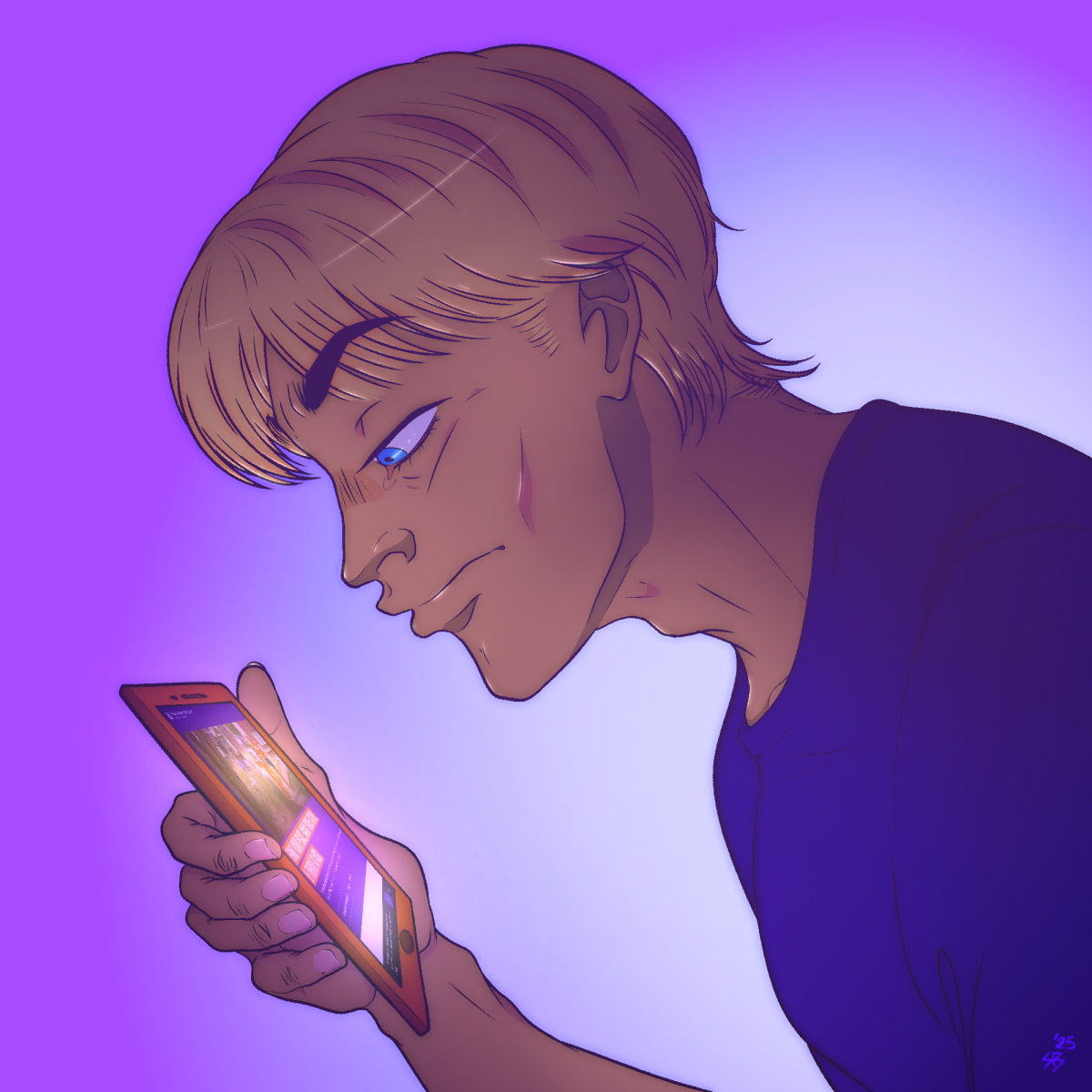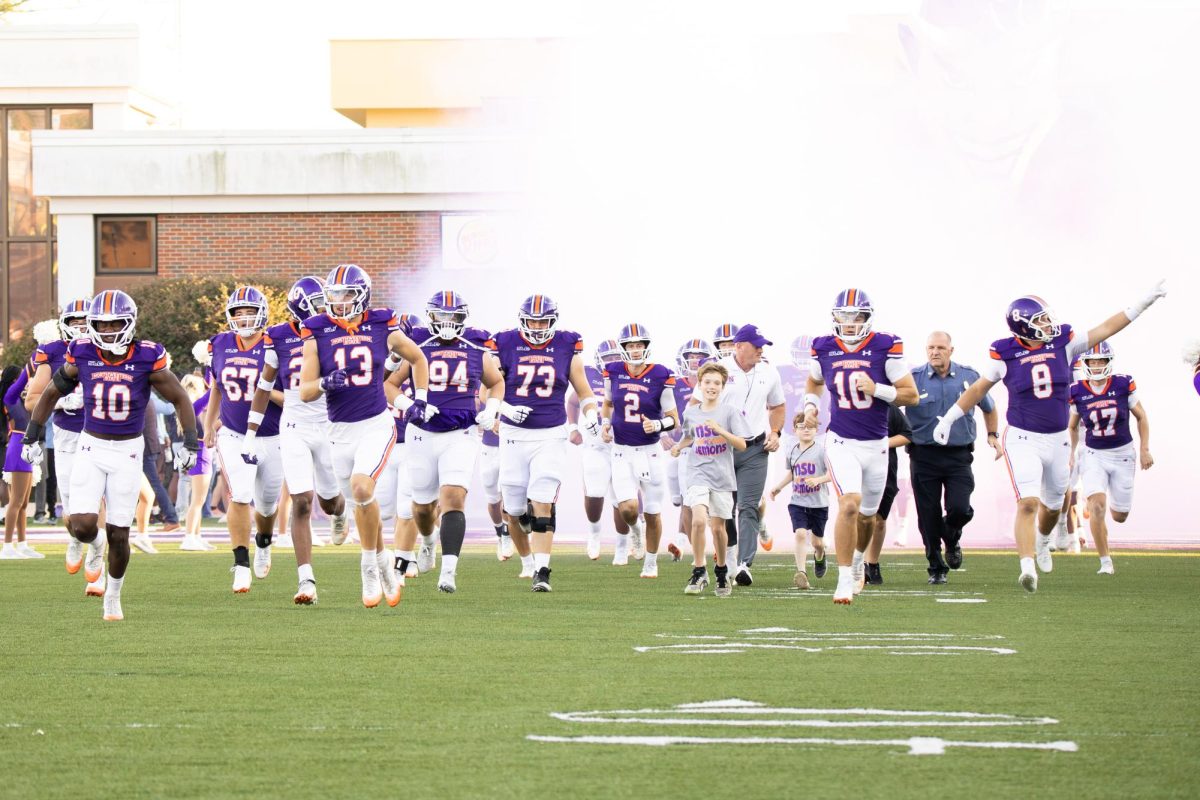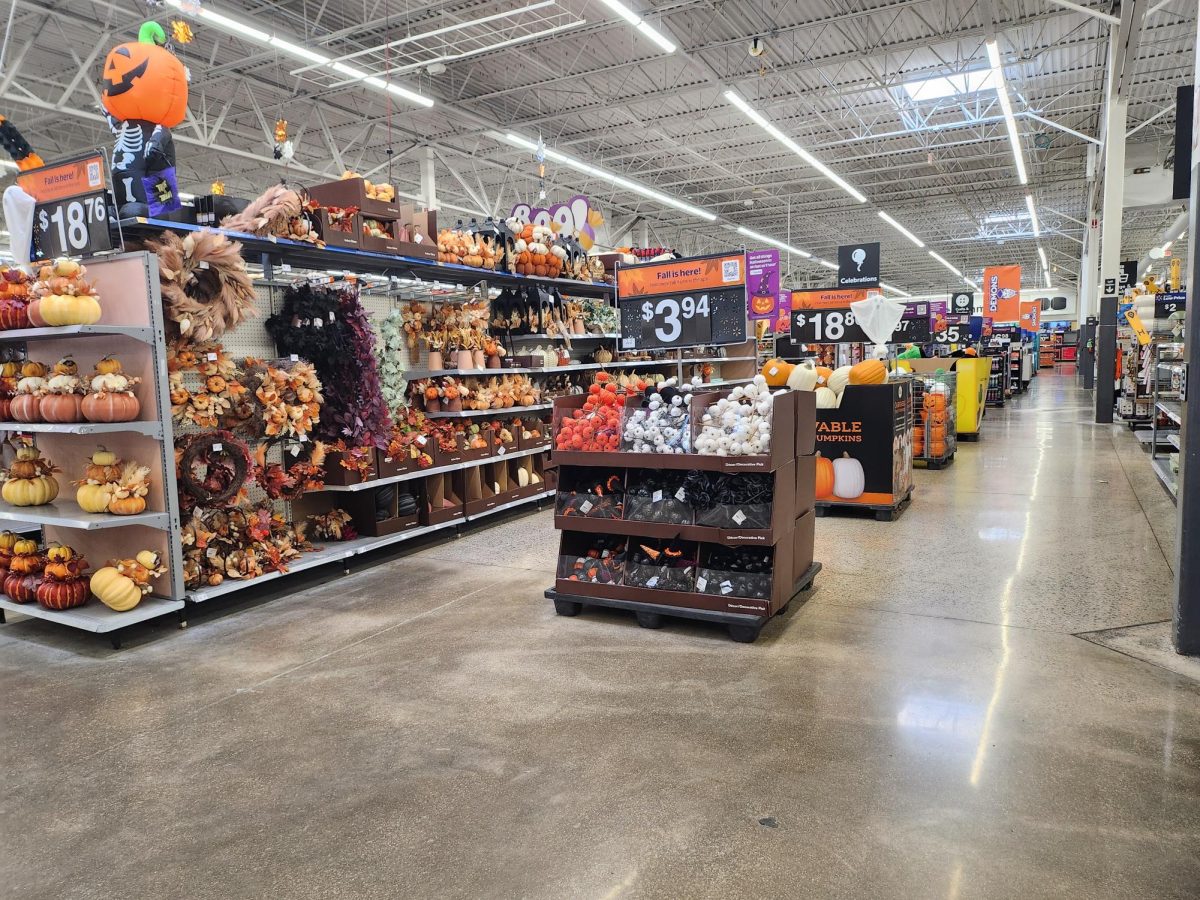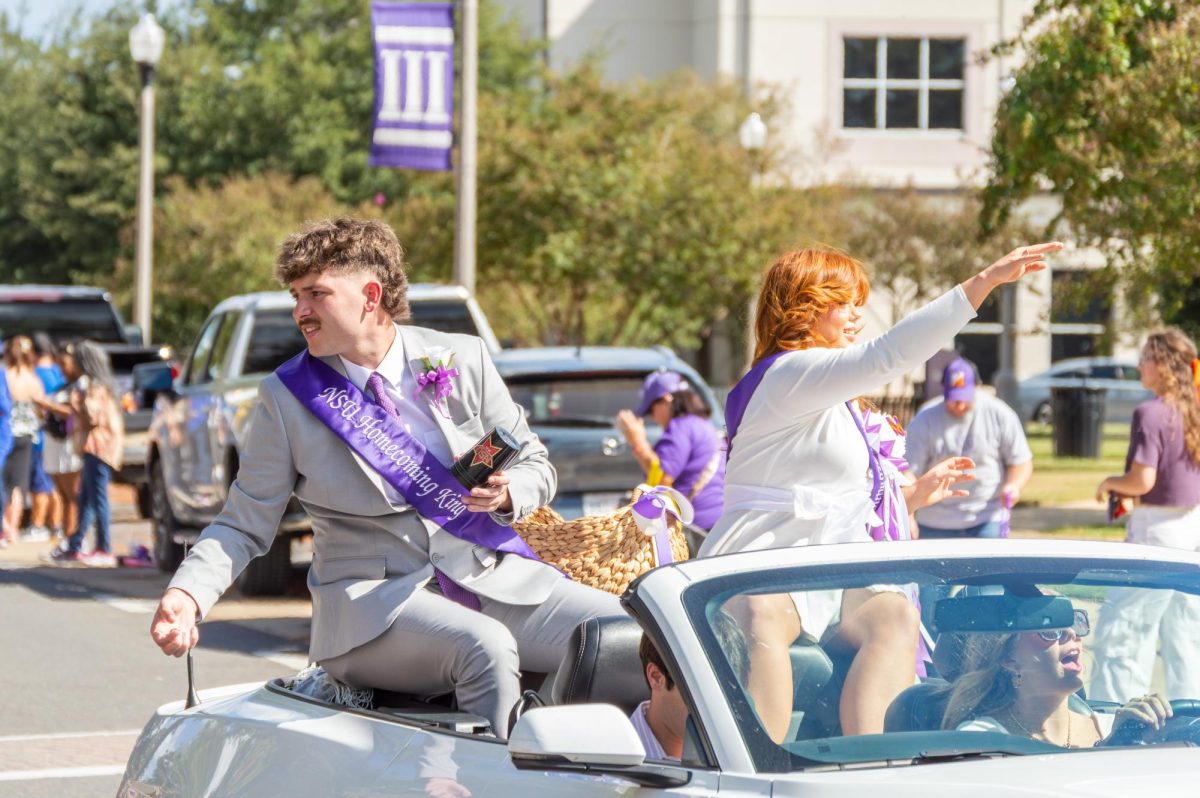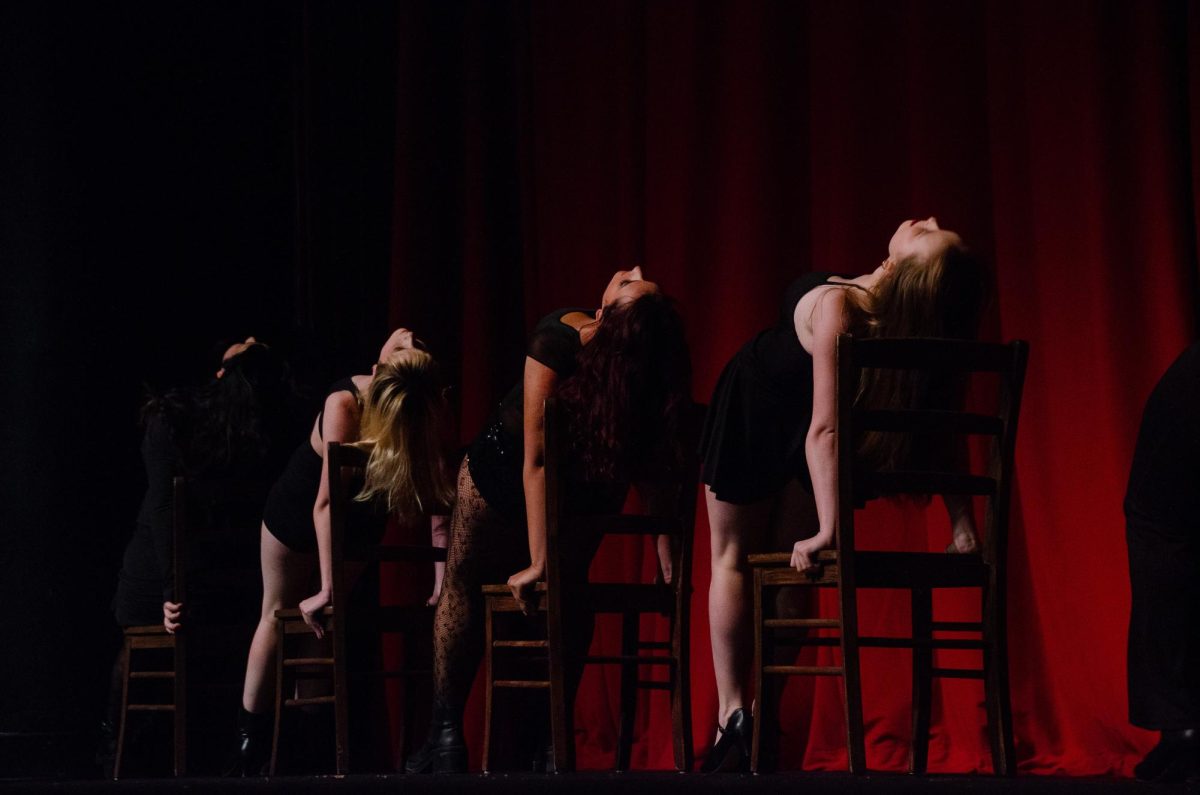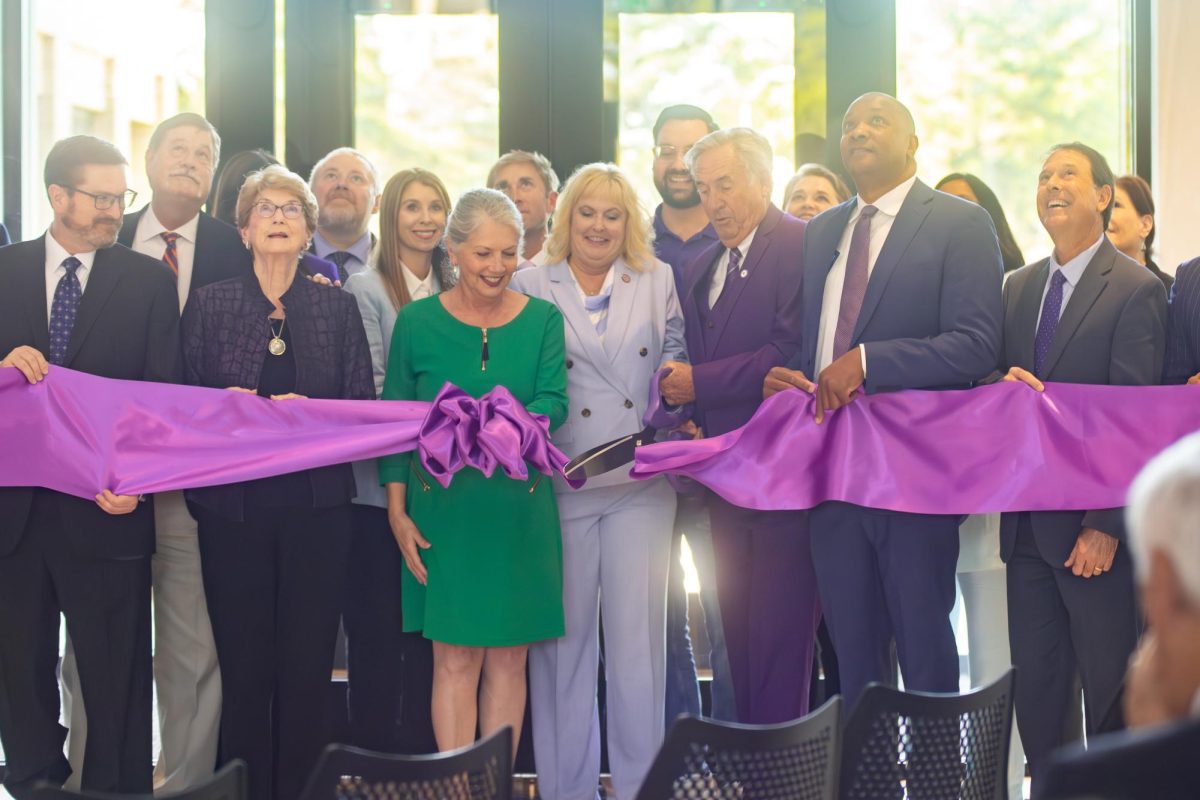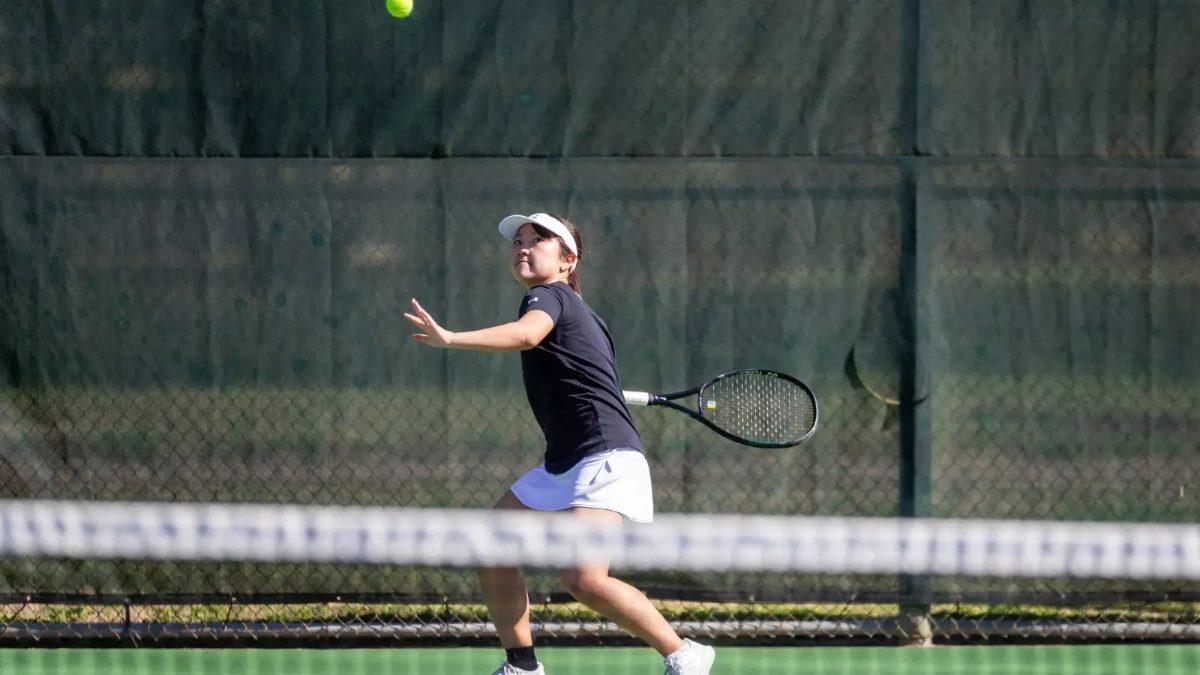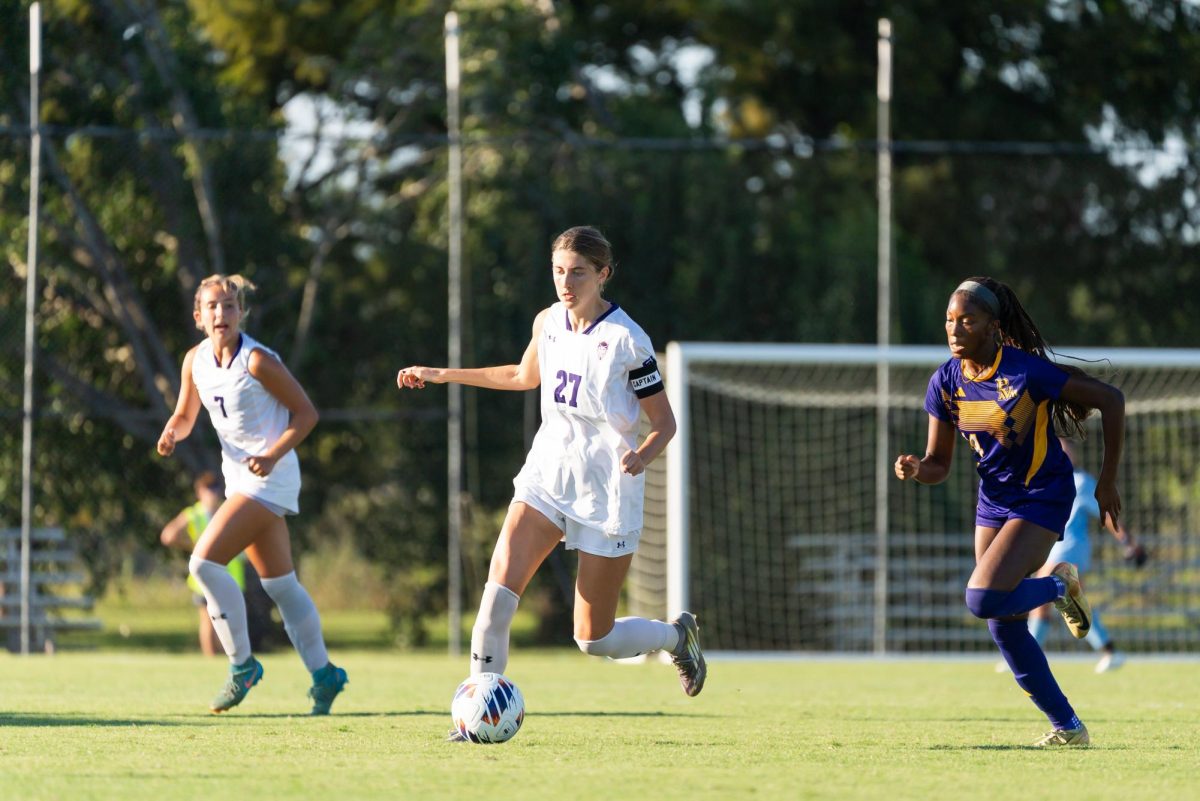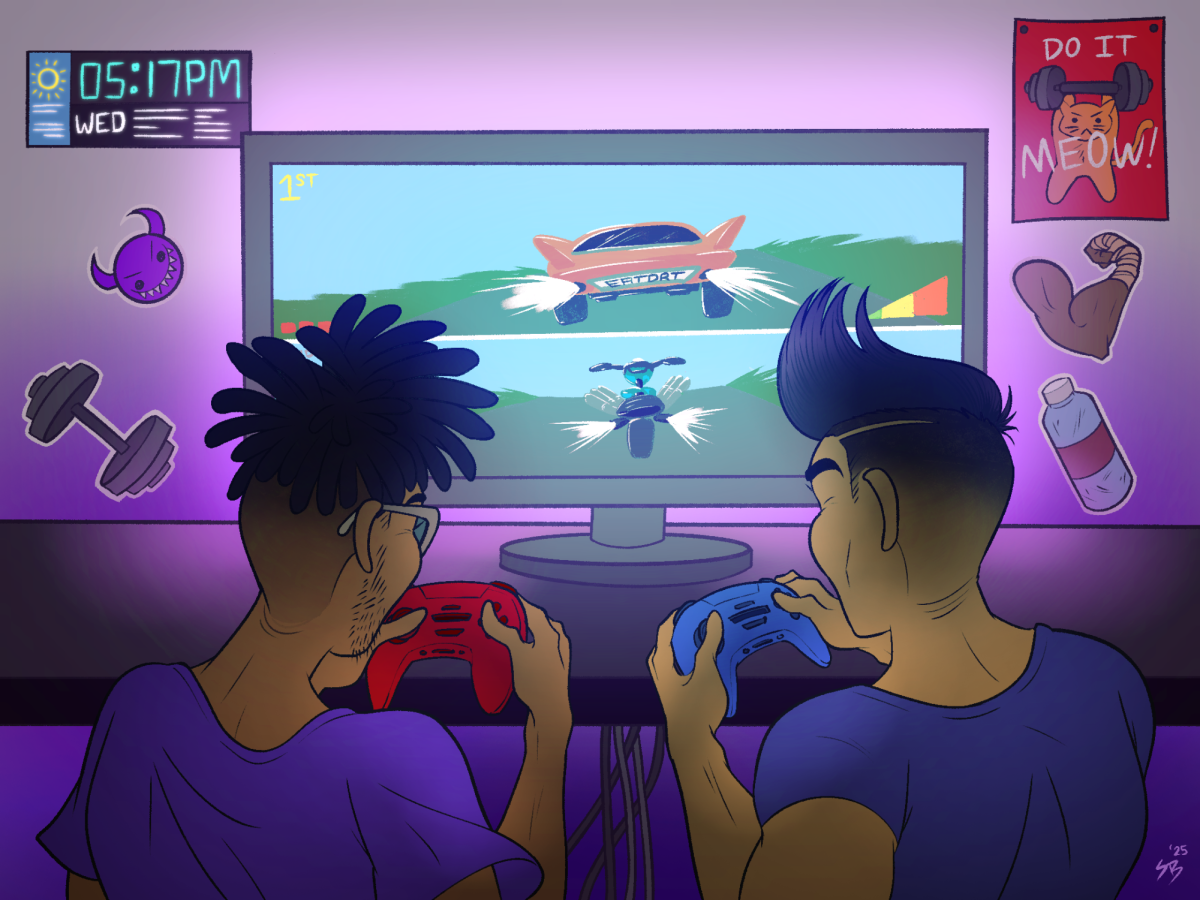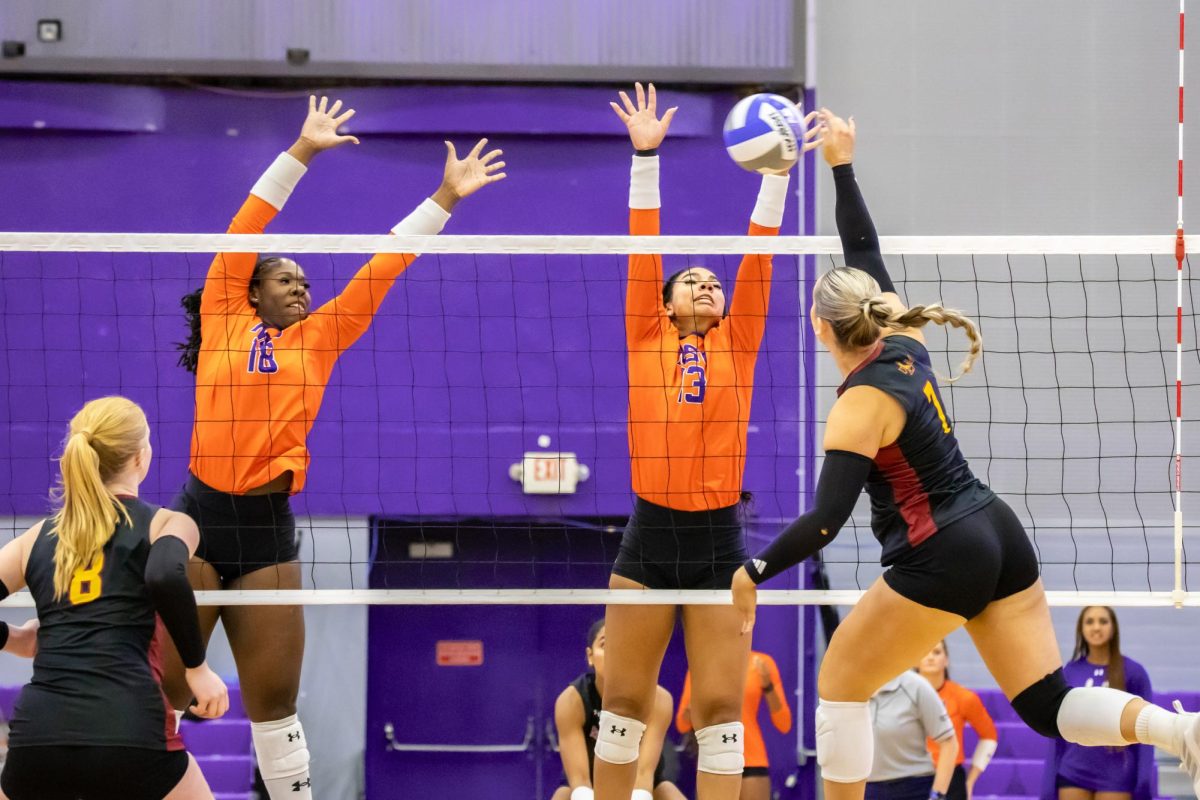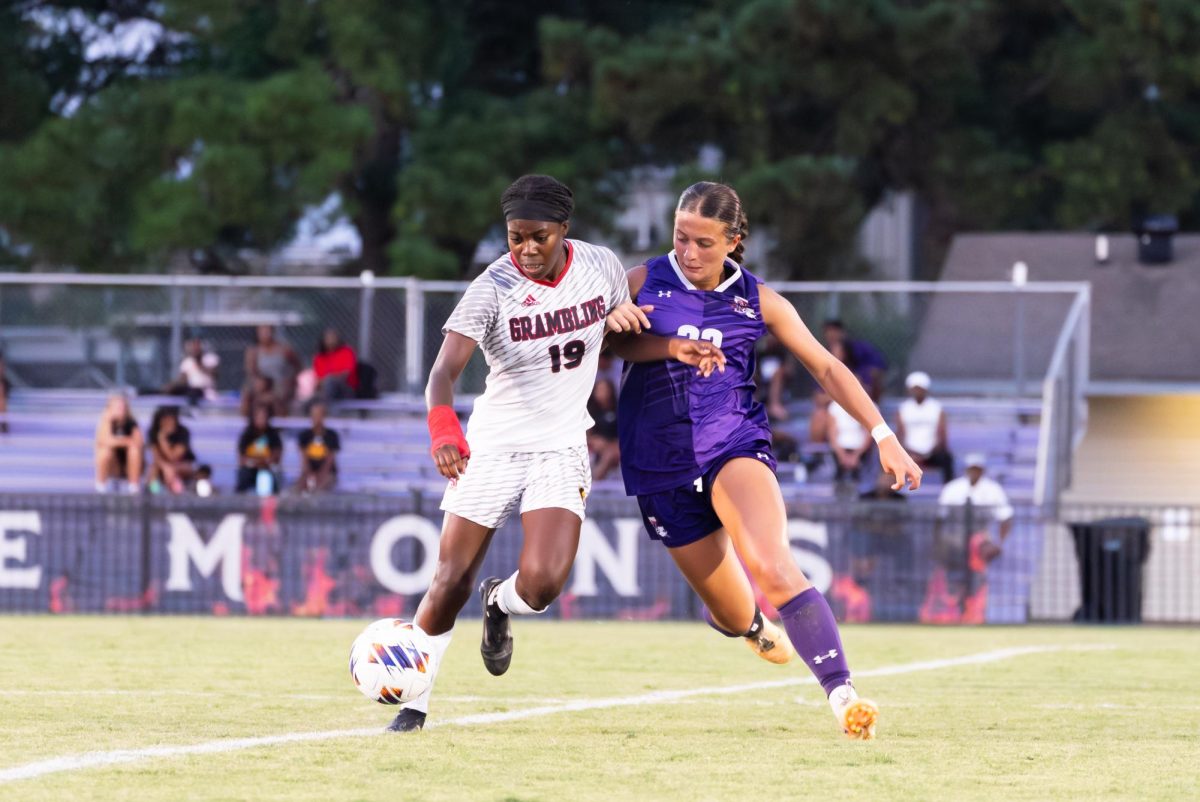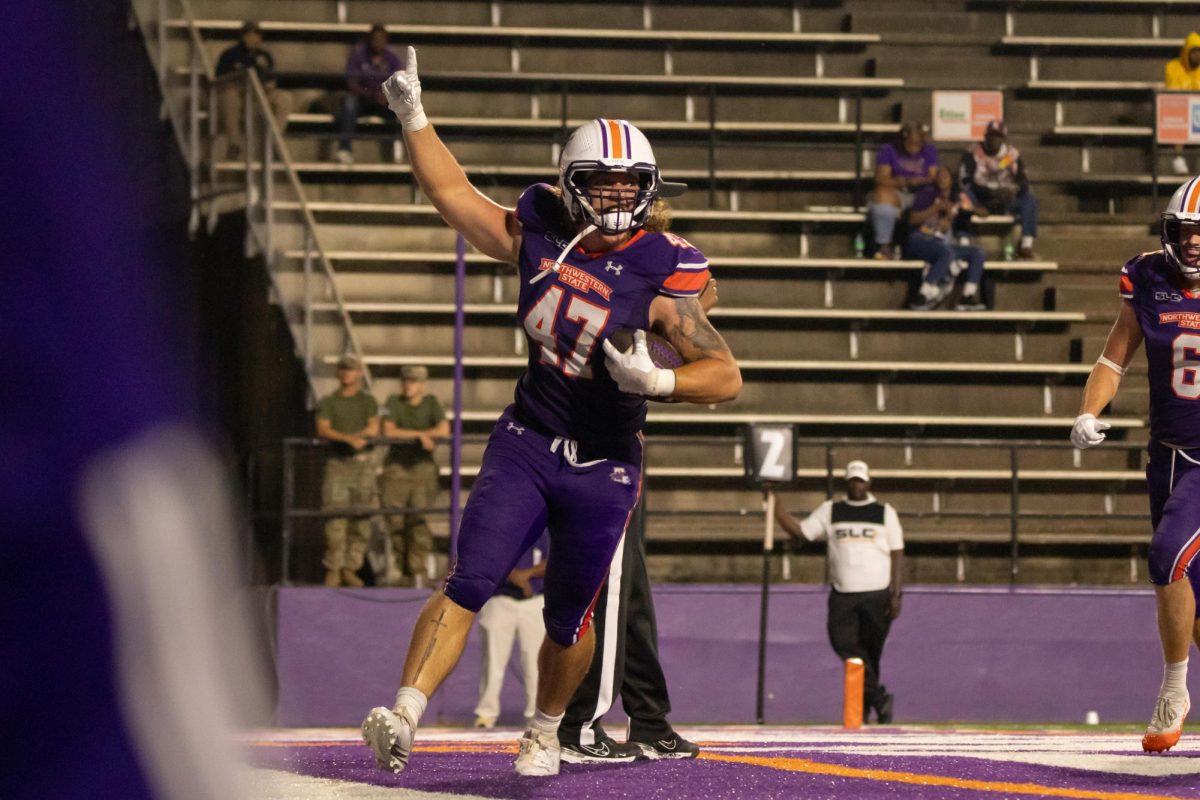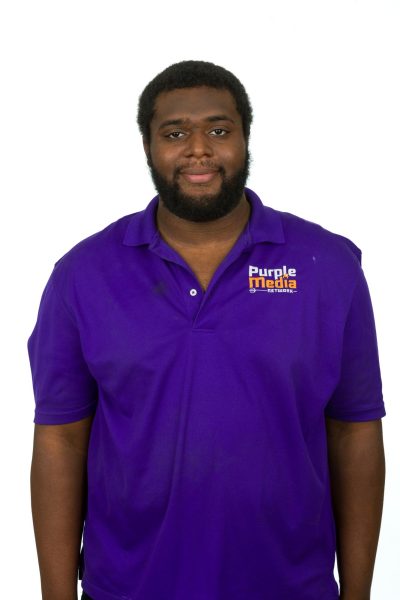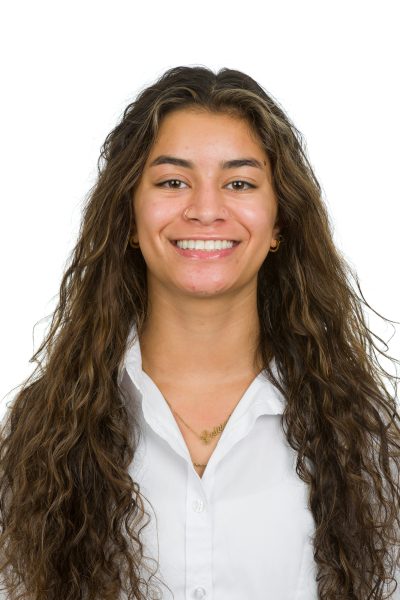Northwestern State University of Louisiana has players and coaches across all its sports that represent different countries and identities. These international players represent more than just their sport, but the country that fostered their athletic growth.
The Lady Demons soccer and tennis teams have Hispanic roots from coaches and players that shape their traditions, cultures and customs.
Ian Brophy, women’s head soccer coach, explained how he lived in a Spanish household and how his identity impacted his life growing up.
“I am half Cuban and my mother is Cuban and half Spanish, so I grew up in a multilingual household,” Brophy said. “I first learned Spanish, then English was kind of a second language.”
Brophy said he isn’t very outward about his culture, but he tries to incorporate it into his coaching to bring unity to the team.
“My food and tradition is something I try to bring to my players,” Brophy said. “Last year, I cooked the players an appetizer from my family’s traditions.” While this isn’t what his job consists of as a coach, the bond of sharing his culture with the team is valuable to him, he said.
Bringing different cultures to the team, whether it’s coaches or players, provides them with more insight so they can grow, bond and understand one another.
“Talking to kids from different backgrounds and countries while learning about their lives is always something positive to add to the team,” Brophy said.
Brophy acknowledged that top international players don’t receive as much popularity as American-born players.
“I’m not a marketing specialist, but I believe some international players are more marketable than others,” Brophy said. “There should be more international talent across the sports media world.”
Many international players chose the opportunity to continue their athletic career in a different country. This move is not to reject their culture, but to enhance their game. Marcos Morelli, women’s head tennis coach from Argentina, explained how moving to America gave him more opportunities.
“There are more benefits for coaches, different equipment and treatment, which is better for international players,” Morelli said. “I would say here things are more packed into one and definitely more accessible than in other countries.”
Maria Farina, sophomore industrial engineering major and tennis player, explained how she keeps her culture and heritage from Buenos Aires, Argentina alive.
“I love to listen to music from Argentina and Spain,” Farina said.
Similarly to Farina, Sophie Garcia, junior computer information systems major and tennis player, who is also from Buenos Aires added how she reminds herself of home.
“I really like to cook,” Garcia said. “I love any chance I can to cook Argentinian and Spanish food.”
For some, representing a country and playing a sport can add pressure to someone. However, Garcia explained how it motivates her to perform better in games.
“I would say it is more easy-going and doesn’t add pressure,” Garcia said. “It does add more of something extra. I don’t take it as personal as that, and only see games as one goal: to win.”
Garcia explained how difficult it is for international student athletes to transition from their country to America.
“In other countries, you don’t have coaches and equipment at the same place you practice at,” Garcia said. “You go to treatment somewhere else by taking a bus. The bus then takes you to other workouts.”
In addition to this challenge, she addressed the language barrier she faces while competing.
“Now coming to America, English was not my first language and I’m still trying to learn,” Garcia said. “You learn to deal with all of that and you still have to perform at a high level.”
Despite these barriers, players and coaches work to make their teams the best. What matters is the growth of their teams and the unique perspective each player brings to NSU.

